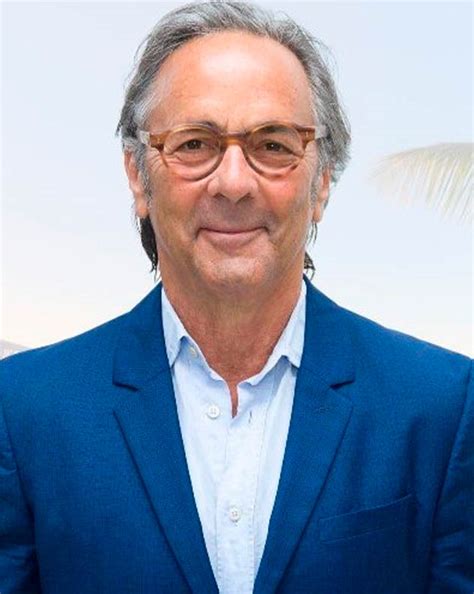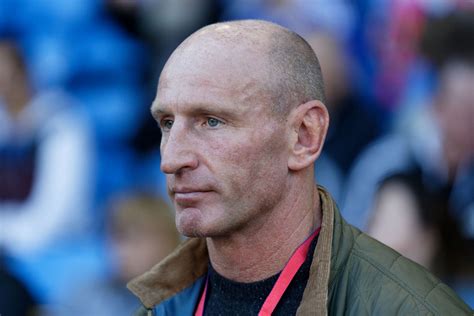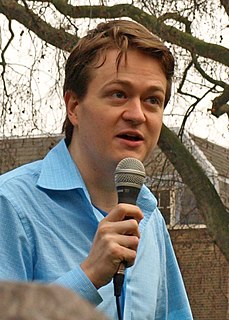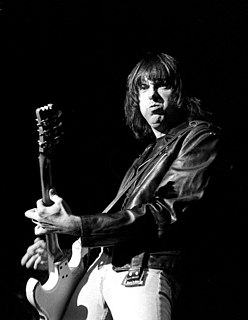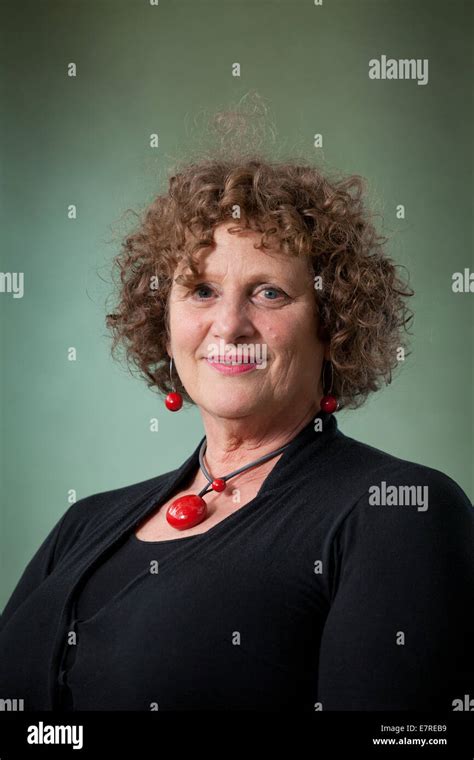A Quote by Drew Pinsky
I trust my recovering peers completely. I'll occasionally look sideways at them because they're addicts but it would break my heart and surprise me to find out that any of these people were lying. Still, addiction is cunning and baffling and you never know.
Related Quotes
How baffling it was that even the most cunning and clever people would frequently see only what they wanted to see, and would rarely look beyond the thinnest of facades. Or they would ignore reality, dismissing it as the facade. And then, when their whole world fell to pieces...they would tear their topknots or rend their clothes and bewail their karma, blaming gods or kami or luck or their lords or husbands or vassals-anything or anyone-but never themselves.
[T]he truth is that drug addicts have a disease. It only takes a short time in the streets to realize that out-of-control addiction is a medical problem, not a form of recreational or criminal behavior. And the more society treats drug addiction as a crime, the more money drug dealers will make "relieving" the suffering of the addicts.
Marijuana is not addictive. People are the addicts and they will find a substance or a belief that will feed the addiction they need to make their day go away. Meaning one looks for a substance that allows them not to live with who and what they really are. To stop addiction we must treat the patient and stop blaming everyone and everything else but the abuser.
The opposite of addiction is human connection. And I think that has massive implications for the war on drugs. The treatment of drug addicts almost everywhere in the world is much closer to Tent City than it is to anything in Portugal. Our laws are built around the belief that drug addicts need to be punished to stop them. But if pain and trauma and isolation cause addiction, then inflicting more pain and trauma and isolation is not going to solve that addiction. It's actually going to deepen it.
But, in the end, the books that surround me are the books that made me, through my reading (and misreading) of them; they fall in piles on my desk, they stack behind me on my shelves, they surprise me every time I look for one and find ten more I had forgotten about. I love their covers, their weight and their substance. And like the child I was, with the key to the world that reading gave me, it is still exciting for me to find a new book, open it at the first page and plunge in, head first, heart deep.
If every trace of any single religion were wiped out and nothing were passed on, it would never be created exactly that way again. There might be some other nonsense in its place, but not that exact nonsense. If all of science were wiped out, it would still be true and someone would find a way to figure it all out again.
I still find doing portraits a terrific challenge, but even though I've done hundreds of them, I've never stopped questioning the very nature of portraiture because it deals exclusively with appearances. I've never believed people are what they look like and think it's impossible to really know what people are.
Sometimes people will have a heart attack or some devastating personal loss, and after that, their political views change completely, and their behavior changes completely. It's not because somebody persuaded them to look at the graph on CO2 and temperature, and they finally saw the evidence and were persuaded. Something else changed that allowed them to see and to hear. What is that something else? How can we cultivate that in people without them having to go through a heart attack? The interpersonal things we do change the substructure of our systems. They are political.





